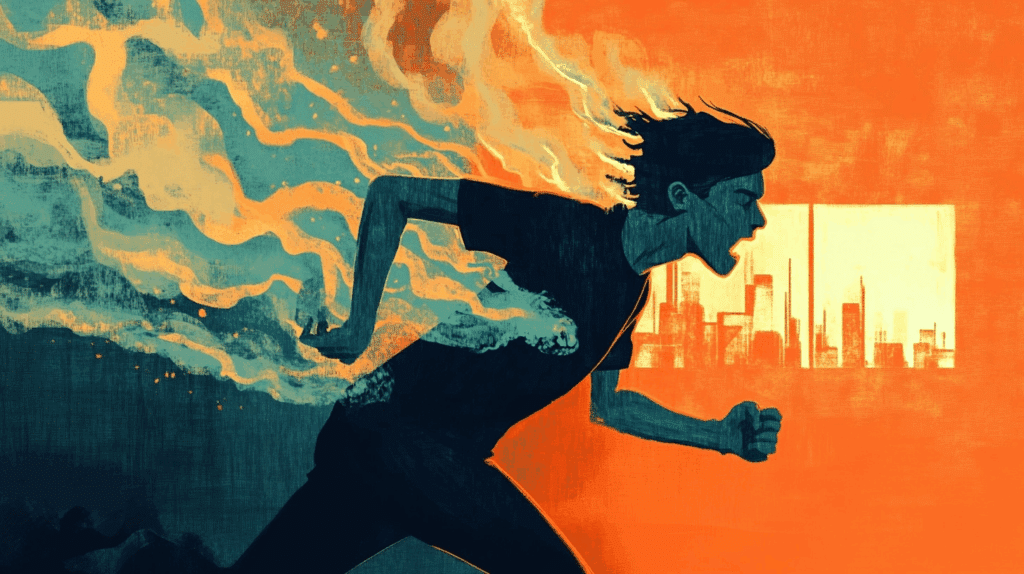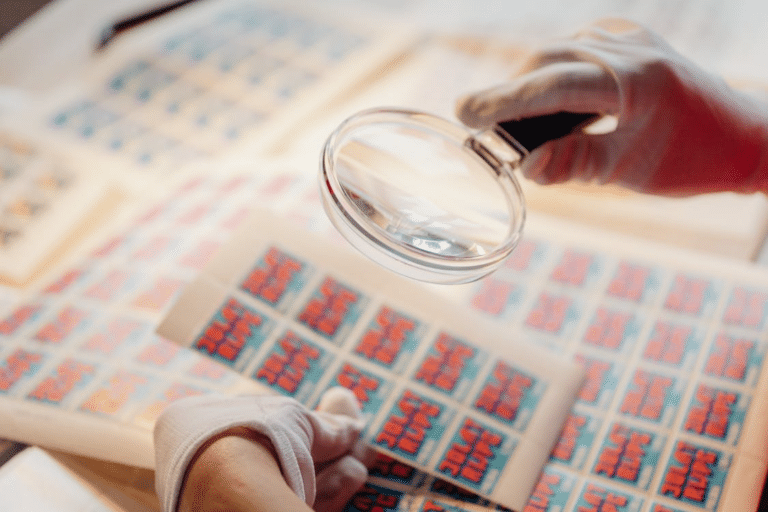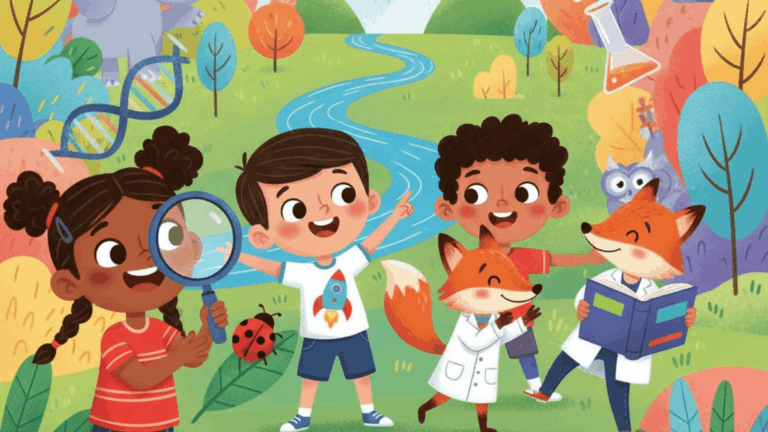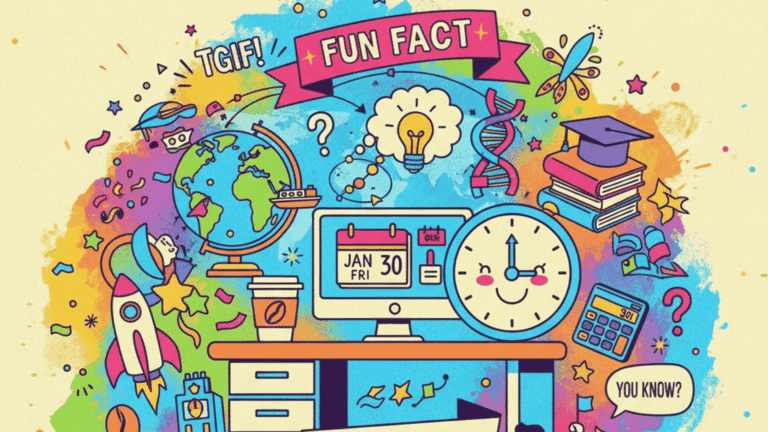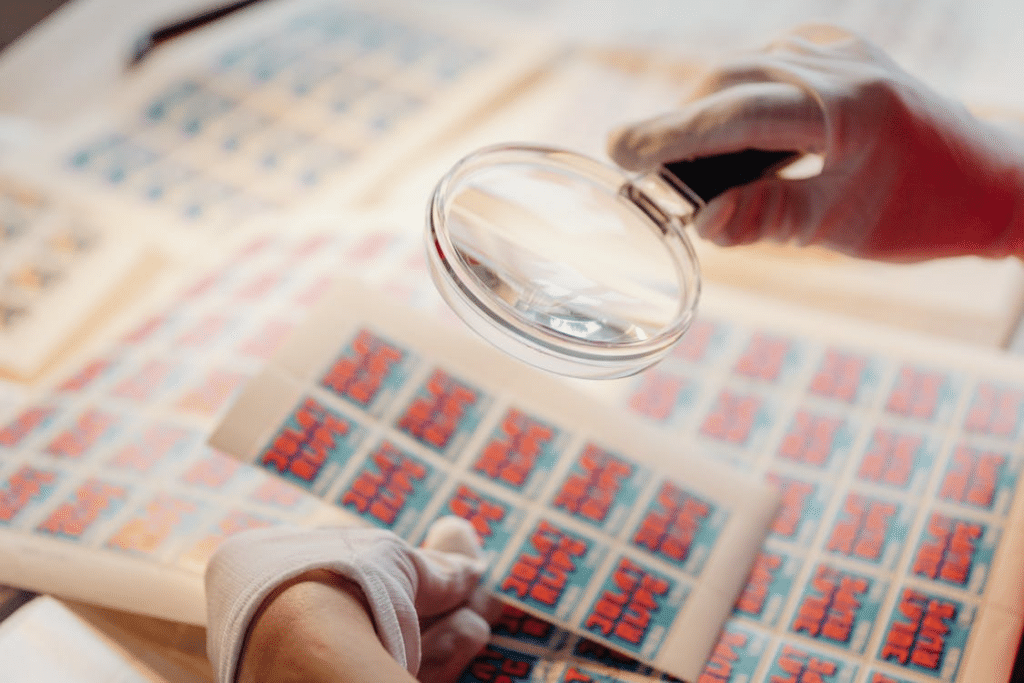This old riddle has left many people scratching their heads for years.
When we try to solve puzzles like this, our minds often race toward complex answers. But the truth is much simpler than you might think.
Knowing the answer to what is harder to catch the faster you run can show you how our brains work when faced with tricky questions.
Let’s figure this out together.
What is Harder to Catch the Faster You Run: Your Breath
The answer to this classic brain teaser, what is harder to catch the faster you run, is surprisingly simple: your breath.
When a person runs faster, they breathe harder and their breath becomes more difficult to catch.
This makes perfect sense. Running causes breathing to speed up, making it harder to control or “catch” your breath.
The riddle works so well because it uses a play on words. The phrase “catch your breath” is something people say all the time without much thought. But the riddle makes them look at this common saying in a new way.
This type of puzzle shows how our minds can get stuck in certain thinking patterns. By breaking these patterns, riddles help sharpen problem-solving skills in a fun way.
Other Mind-Bending Riddles for Everyone
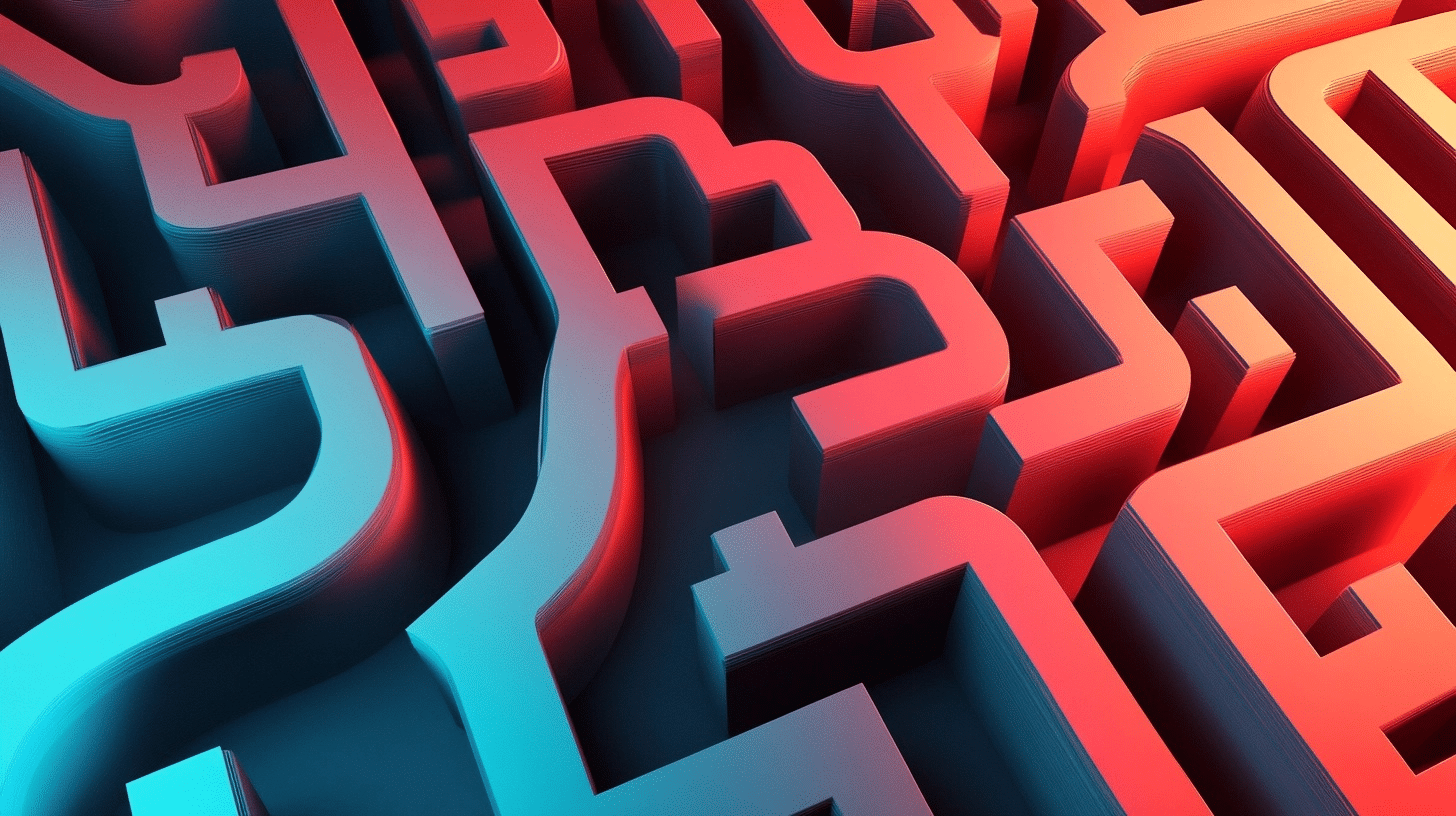
Looking for more brain teasers, like what is harder to catch the faster you run? This collection brings together riddles that turn common thinking upside down.
1. I am not alive, but I grow. I don’t have lungs, but I need air. What am I?
Answer: Fire
2. I speak without a mouth and hear without ears. What am I?
Answer: An echo
3. I can be cracked, made, told, and played. What am I?
Answer: A joke
4. I am always coming but never arrive. What am I?
Answer: Tomorrow
5. I am there, but you can’t see me. I’m all around you, yet nowhere to be found. What am I?
Answer: Air
6. The more you take from me, the bigger I get. What am I?
Answer: A hole
7. I follow you all the time but can’t ever touch you or be seen. What am I?
Answer: Your thoughts
8. You can’t see me, but I can make you cry. What am I?
Answer: An onion’s effect
9. I disappear every time you say my name. What am I?
Answer: Silence
10. I can’t be held, can’t be touched, but I can break the strongest hearts. What am I?
Answer: A promise
11. You can hear me and feel me, but never see me. What am I?
Answer: The wind
12. I am light as a feather, but even the world’s strongest man can’t hold me for long. What am I?
Answer: Your breath
13. I am invisible, but once I’m gone, you’ll notice. What am I?
Answer: Time
14. I’m something everyone has, but you’ll never find two that are the same. What am I?
Answer: A fingerprint
15. I travel around the world while staying in the same corner. What am I?
Answer: A stamp
16. You can’t see me, but I control your day. What am I?
Answer: Time
17. You can’t touch me, but I can lift you up or bring you down. What am I?
Answer: A feeling
18. I come out at night without being called, and I’m lost in the day without being stolen. What am I?
Answer: The stars
19. I am not a thing, but I can fill a room. What am I?
Answer: Light
20. I vanish the moment you try to describe me. What am I?
Answer: A dream
21. What gets wetter the more it dries?
Answer: A towel
22. What has hands but can’t clap?
Answer: A clock
23. What has one eye but can’t see?
Answer: needle
24. What comes once in a minute, twice in a moment, but never in a thousand years?
Answer: The letter “M”
25. What has many keys but can’t open any doors?
Answer: A piano
26. What has a head, a tail, but no body?
Answer: A coin
27. What has legs but doesn’t walk?
Answer: A table
28. What can travel around the world while staying in the same spot?
Answer: A stamp
29. What kind of room has no doors or windows?
Answer: A mushroom
30. What comes down but never goes up?
Answer: Rain
31. The more of me you take, the more you leave behind. What am I?
Answer: Footsteps
32. What has an endless supply of letters but starts empty?
Answer: A mailbox
33. What can you catch but not throw?
Answer: A cold
34. Which word is always spelled incorrectly in every dictionary?
Answer: Incorrectly
35. What gets bigger the more you take away from it?
Answer: A hole
36. What has a neck but no head?
Answer: A bottle
37. What can’t be used until it’s broken?
Answer: An egg
38. What invention lets you look right through a wall?
Answer: A window
39. What goes up but never comes down?
Answer: Your age
40. What can be cracked, made, told, and played?
Answer: A joke
41. What is full of holes but still holds water?
Answer: A sponge
Why We Love to Puzzle: The Brainy Science Behind Riddles
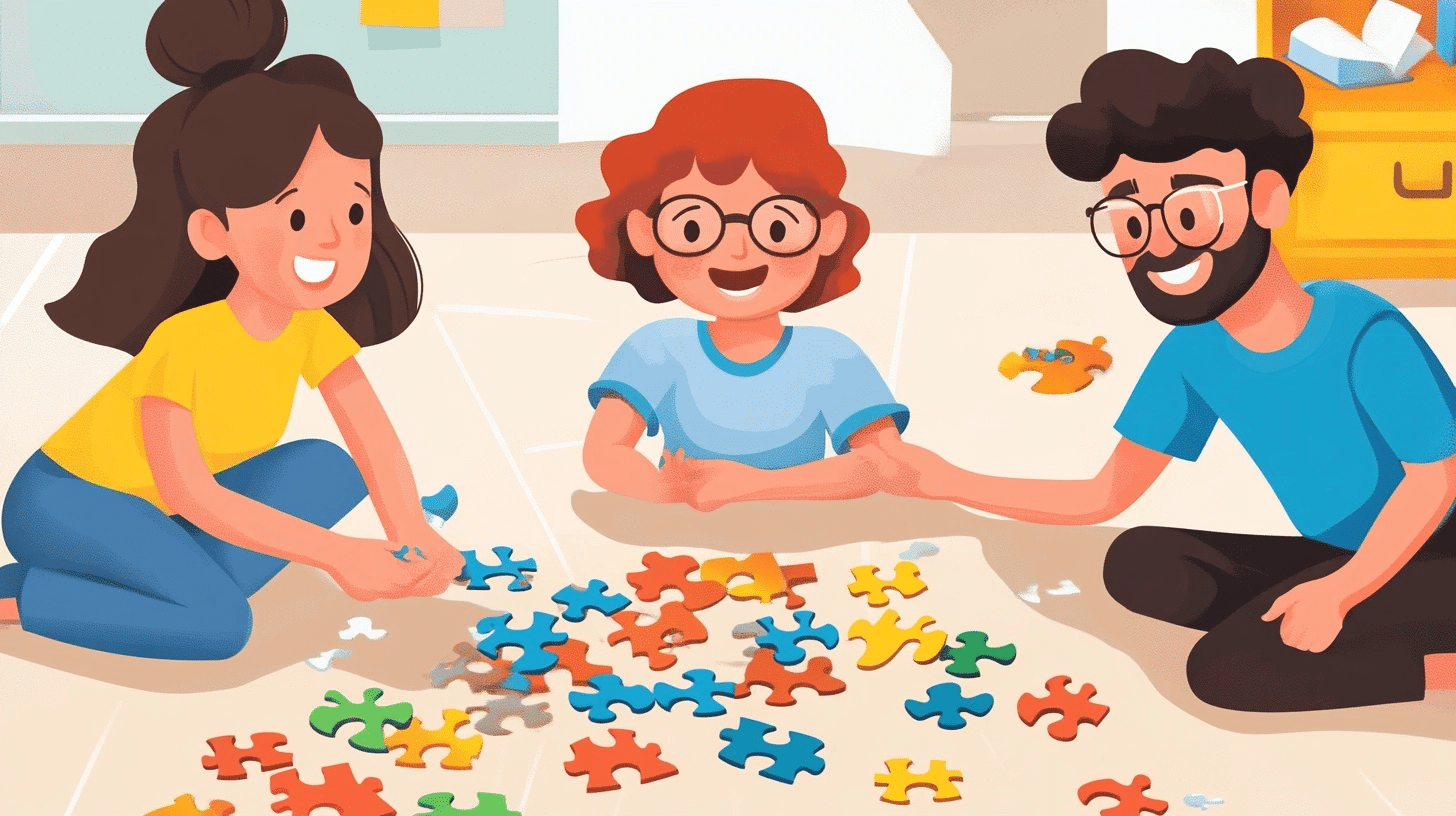
Riddles do more for our brains than we might think. When people work through these word puzzles, they turn on several parts of their brain at once.
Brain benefits of regular riddle-solving:
-
Better problem-solving skills: Riddles push people to look at problems from new angles, building mental flexibility that helps with daily challenges.
-
Improved memory: Working out answers helps cement facts in the mind. People who solve riddles often find that their recall gets sharper.
-
Stronger creative thinking: Finding the answer to “what is harder to catch the faster you run” makes the brain form new connections between ideas.
Riddles benefit children in extra ways. Their growing brains absorb new thinking patterns that stay with them into adulthood.
Wrapping Up
The question, “What is harder to catch the faster you run?” shows how the most puzzling riddles often have the simplest answers.
But riddles offer more than just a quick mental workout. They create moments that stick with families for years.
These small word games help us think outside the box and see the world from fresh angles.
What are your favorite riddles? Share them in the comments below and keep the fun going.

